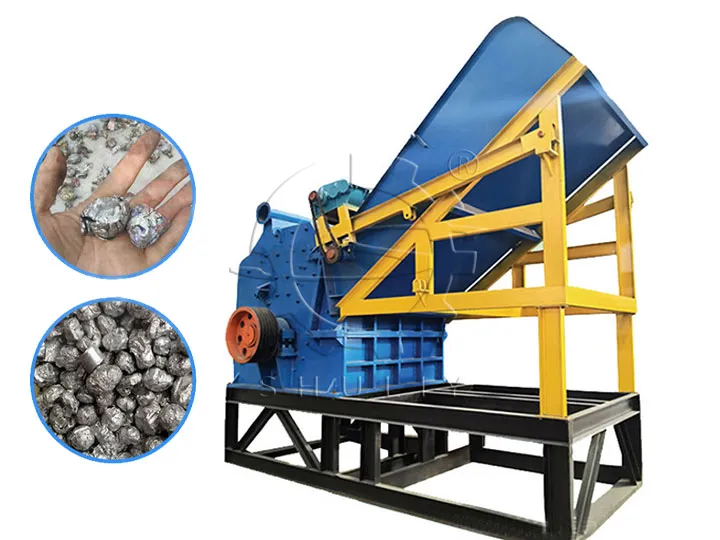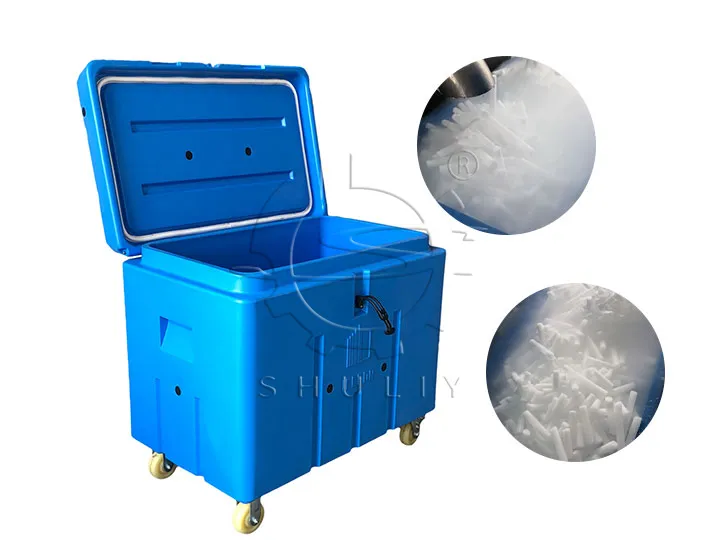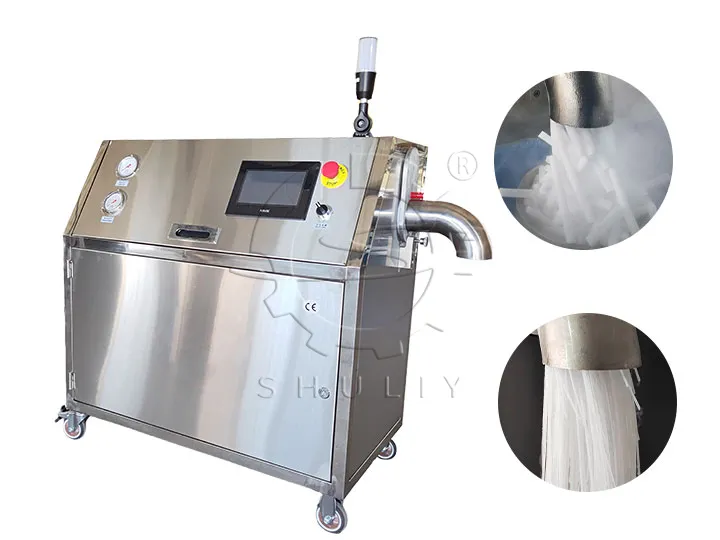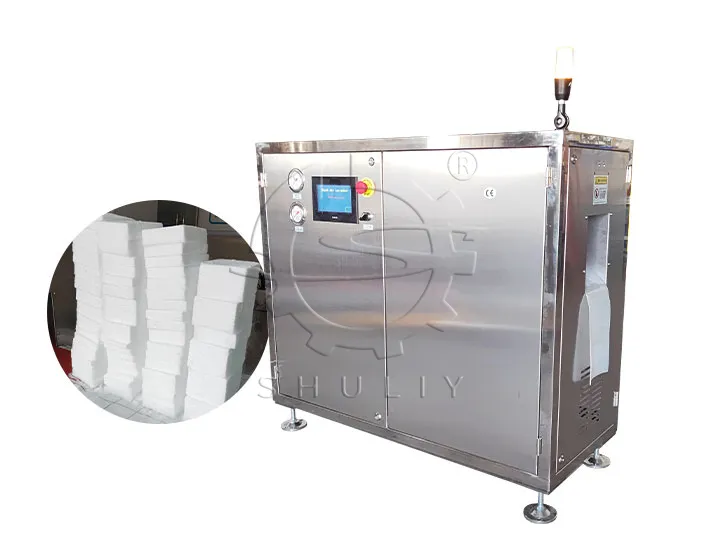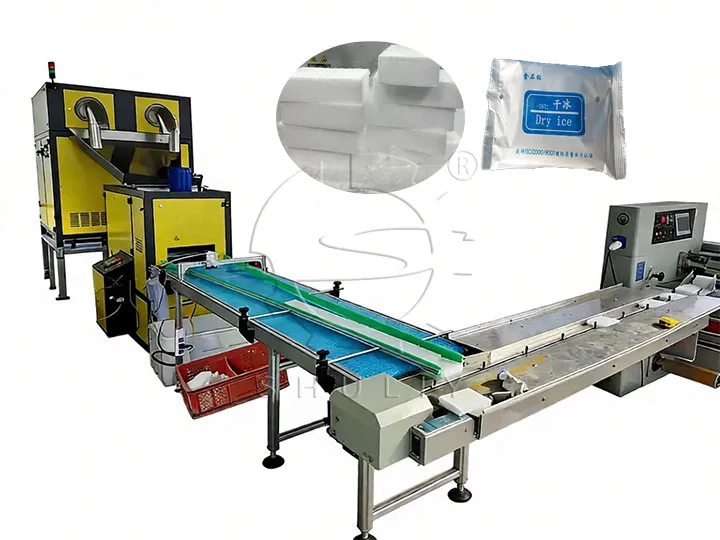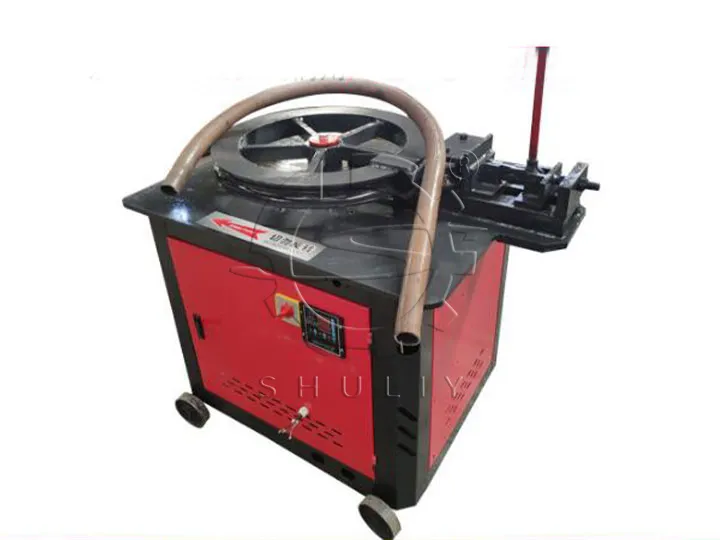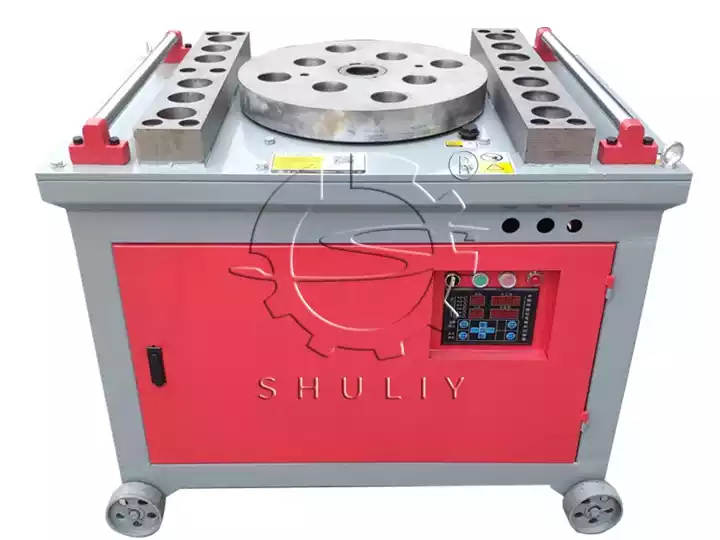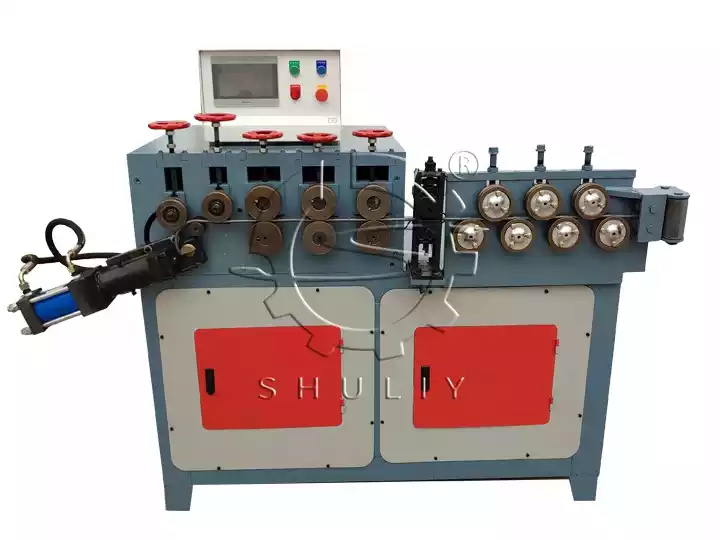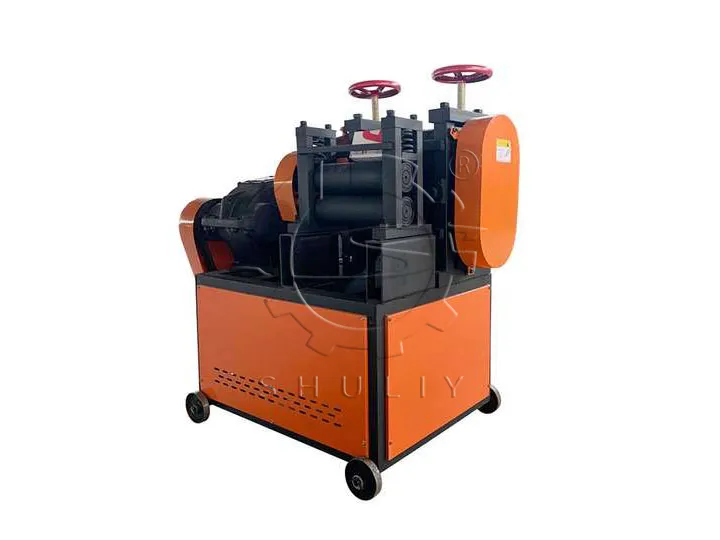Discarded agricultural films, which are mainly made up of plastic materials, pose a major environmental challenge if they are not properly disposed of. However, through the use of plastic recycle machines, innovative solutions are emerging to effectively address this issue.
The Challenge Of Waste Agricultural Film
Plastic films are widely used in agricultural activities for purposes such as covering the soil and protecting crops. However, once their intended use has ended, these films often become waste and pollute the environment. Improper disposal methods, such as incineration or indiscriminate dumping, can lead to soil contamination, air pollution, and damage to ecosystems.
Role Of Plastic Recycle Machines
Plastic recycle machines play a vital role in the recycling of waste agricultural film, providing an efficient and sustainable solution:
- Shredding: The plastic film shredder breaks up the waste film into small pieces. This step reduces the size of the waste film and facilitates further processing.
- Washing: Agricultural films tend to accumulate dirt and residue during use, and these impurities can hinder the recycling process. Plastic scrap washing machines help remove these impurities and ensure the purity of the recycled plastic pellets.
- Pelletizing: After washing, the waste agricultural film enters a plastic film pelletizing machine where it is melted and extruded into pellets. These pellets can be reused to make new agricultural films or other plastic products.
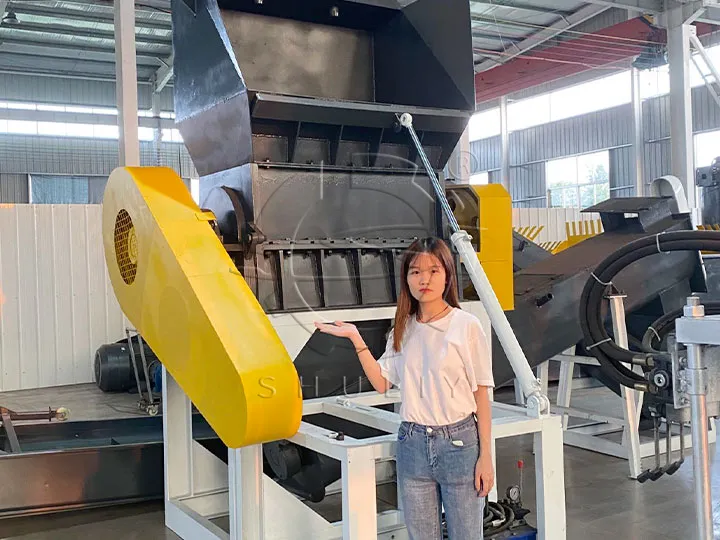
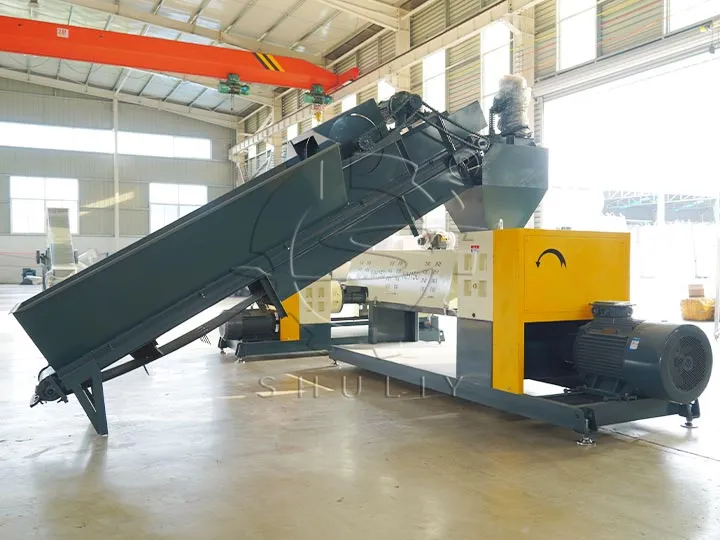
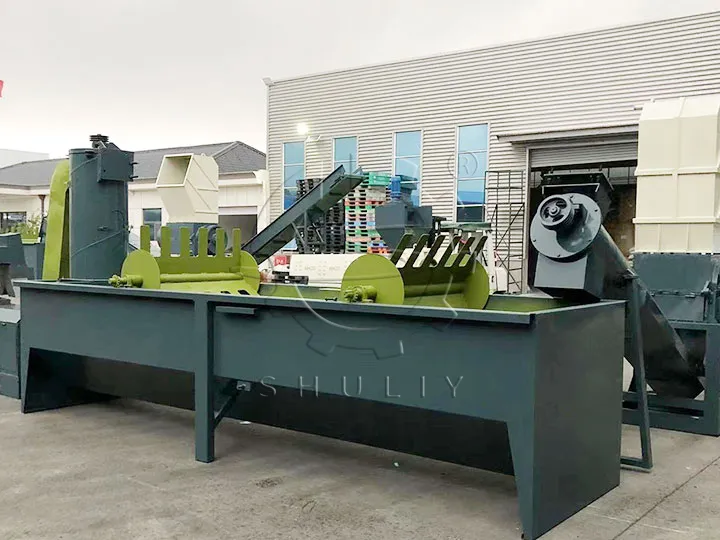
Conclusion
The application of plastic recycle machines offers a promising solution for the disposal of waste agricultural films. Through effective shredding, cleaning, and pelletizing processes, these machines help reduce environmental pollution and promote sustainable agriculture.

